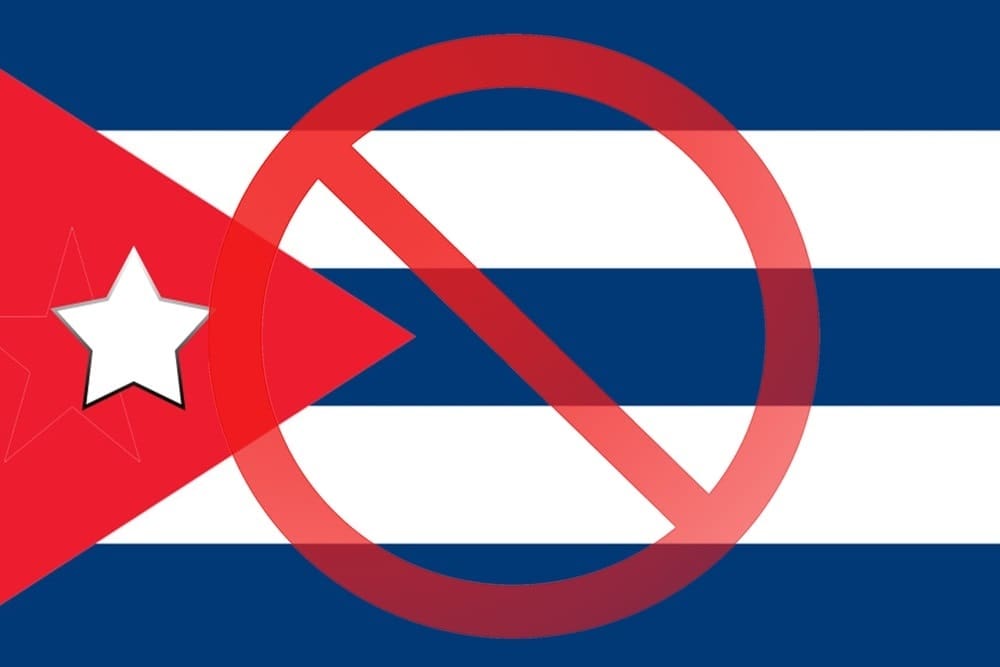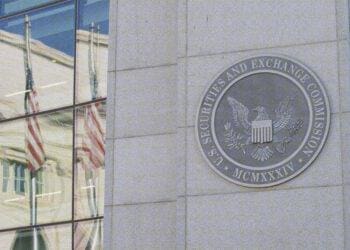Michael Volkov highlights three sanctions-related enforcement actions all breaking in the last six weeks – and two of which involved travel services to Cuba. He covers the violations, the circumstances and the penalties.
OFAC is clearly sending a message about sanctions enforcement and compliance responsibilities. The agency is aggressively seeking out new targets for enforcement and continues to focus on Iran, Cuba, Venezuela and North Korea, aligning itself with current foreign policy objectives.
Here is a brief outline of three recent enforcement actions:
Western Union
On June 7, 2019, OFAC released a settlement with Western Union under which the company agreed to pay $401,697 to settle potential liability for 4,977 transactions with an entity designated under the Global Terrorism Sanctions Regulations (GTSR). Western Union voluntarily disclosed the conduct.
Between December 9, 2010 and March 13, 2015, a bank in The Gambia was an agent for Western Union. The bank established a subagent relationship with Kairaba Shopping Center (KSC), an entity that was designated by OFAC under the GTSR on December 9, 2010.
Western Union stored information about the agent as an agent location of the bank and not as a discrete legal entity, (i.e., subagent). Western Union’s screening process did not include locations for specific banks and, therefore, Western Union never identified the subagent for separate screening purposes.
In March 2015, Western Union first learned that KSC was a subagent with an active location and immediately suspended its relationship with KSC. Western Union processed 4,977 transactions with a total value of $1.275 million involving KSC.
Hotelbeds USA
On June 13, 2019, OFAC announced the settlement with Hotelbeds USA, a Florida-based company that is a subsidiary of Hotelbeds, headquartered in Mallorca, Spain, in which Hotelbeds USA agreed to pay $222,705 for assisting 703 persons with Cuba travel services in violation of the Cuba Sanctions Program.
Between December 2011 and June 2014, Hotelbeds USA sold hotel accommodations and instructed its clients to direct payments to an account in Spain. Hotelbeds USA employees and supervisors were under the mistaken belief that they could engage in Cuba-related transactions as long as the bookings involved non-U.S. clients and payments were made to non-U.S. bank accounts.
During this time period, however, Hotelbeds USA personnel, including a senior manager, were aware that a U.S. bank had blocked a payment related to a Cuba-travel transaction and that OFAC denied a specific license application seeking the unblocking of funds related to an unauthorized Cuba-travel transaction.
Hotelbeds USA did not voluntarily disclose the conduct to OFAC. Also, OFAC noted that Hotelbeds USA did not have a formal compliance program.
Cubasphere and Individual
On June 13, 2019, OFAC announced the settlement with Cubasphere, and an individual who acted on behalf of Cubasphere agreed to pay $40,320 for violations to and within Cuba.
Specifically, from December 2013 to February 2014, Cubasphere and the individual organized four separate tours of Cuba to a total of 104 persons, including receipt of direct payments from groups and individuals for Cuba travel-related transactions and handled itinerary planning for air travel, hotels, meals and transportation within Cuba.
Cubasphere and the individual procured visas and cover letters for travelers from U.S. religious organizations; however, the itineraries from the religious organizations did not coincide with the actual itineraries, which focused primarily on sightseeing and tourism rather than humanitarian or religious activities.
Through correspondence with OFAC, Cubasphere and the individual had prior notice that their conduct violated the Cuba Sanctions Program, but they continued with the conduct for more than a year.
In fact, Cubasphere and the individual took steps to urge clients to conceal their travel to and activities in Cuba. They suggested in writing that the customers should minimize interactions with U.S. government officials when they returned, discard receipts or schedules from their trip and give false statements if asked about their activities in Cuba.
Cubasphere and the individual did not voluntarily disclose the conduct.
This article was republished with permission from Michael Volkov’s blog, Corruption, Crime & Compliance.



 Michael Volkov is the CEO of The Volkov Law Group LLC, where he provides compliance, internal investigation and white collar defense services. He can be reached at
Michael Volkov is the CEO of The Volkov Law Group LLC, where he provides compliance, internal investigation and white collar defense services. He can be reached at 









